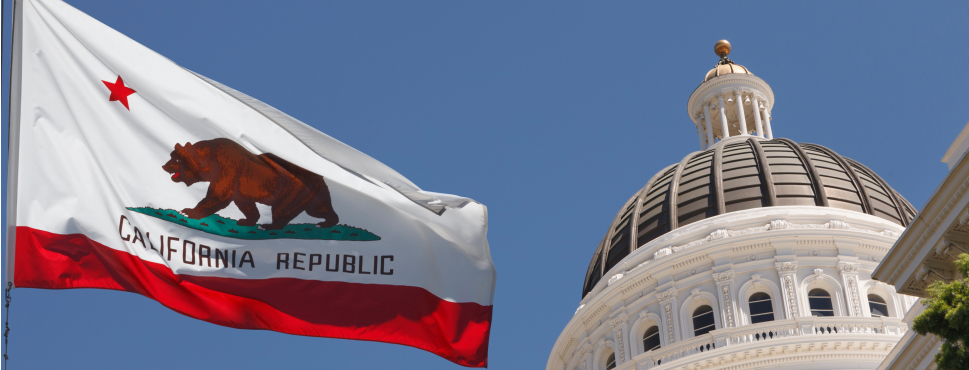The California Consumer Privacy Act (CCPA) was passed by the CA State Legislature and became law in June of 2018. CCPA went into effect on January 1, 2020 and was intended to provide CA consumers with rights and protections regarding their personal information and outlines statutory penalties as well as outlines the “private right of action” of consumers to recover for damages. Widely considered as a landmark piece of legislation that is one of the strictest and most comprehensive data and privacy laws in the nation, the CCPA will serve as a foundation for the raft of State Data Protection laws on the horizon as well as a much needed first step in establishing a National Data Privacy Law and achieving adequacy standards with the newly passed GDPR and EU data protection regulations.
The CCPA will be superseded on January 1, 2023, with the recently approved California Privacy Rights Act (CPRA), which adds several new dimensions to the CCPA that must be taken into consideration.
Data Privacy Institute has prepared this guide in order to assist businesses in the areas of compliance and remediation as it relates to CCPA and the newly passed CPRA.
California Consumer Privacy Act (CCPA)
Considered as one of the strictest and most comprehensive data privacy laws in the United States, the California Consumer Privacy Act (CCPA) was signed into law on June 28, 2018, and took effect on January 1, 2020. The CCPA was in response to the EU’s passage of the GDPR and was considered by many as a precursor to the various state laws that have recently passed and a potential foundation for a new National Privacy Law and International adequacy standard. The CCPA is the first Privacy law of its kind nationwide that defines statutory relief for non-compliance and data breach BUT also provides CA consumers with a Private Right of Action. CCPA has a wide reach and applies to any for-profit business worldwide that does business in CA or holds/processes data on CA residents that meet the following criteria:
- Annual gross revenue in excess of $25 million
- Buying, receiving, or selling personal information of more than 50,000 consumers or households
- Earning more than half of your annual revenue from selling personal information
CA residents have the following rights under CCPA regarding Personal Data:
- The right to know: CA residents have the right to know what personal information has been collected, used, shared or sold and for what purposes
- The right to delete: CA residents have the right to delete any personal information that has been collected (Exceptions for: transactional, legal, security and functionality)
- The right to opt-out: CA residents have the right to opt out of a business selling any personal information though a clear and easily accessible “Do Not Sell My Personal Information” notice and option
- The right to non-discrimination: CA residents have the right to not be discriminated against for exercising CCPA rights
Recent clarifications and exemptions to CCPA:
- Clarifications on the definition of “verifiable consumer request” and putting measures in place for a business to require reasonable
- authentication of a consumer’s identity in order to properly service and respond to Data Subject access requests
- Clarification regarding the definitions of personal information as well as “publicly available” information
- Exemptions on certain HR data that is required for employment and benefits
- Exemptions for warranty or product recall information
